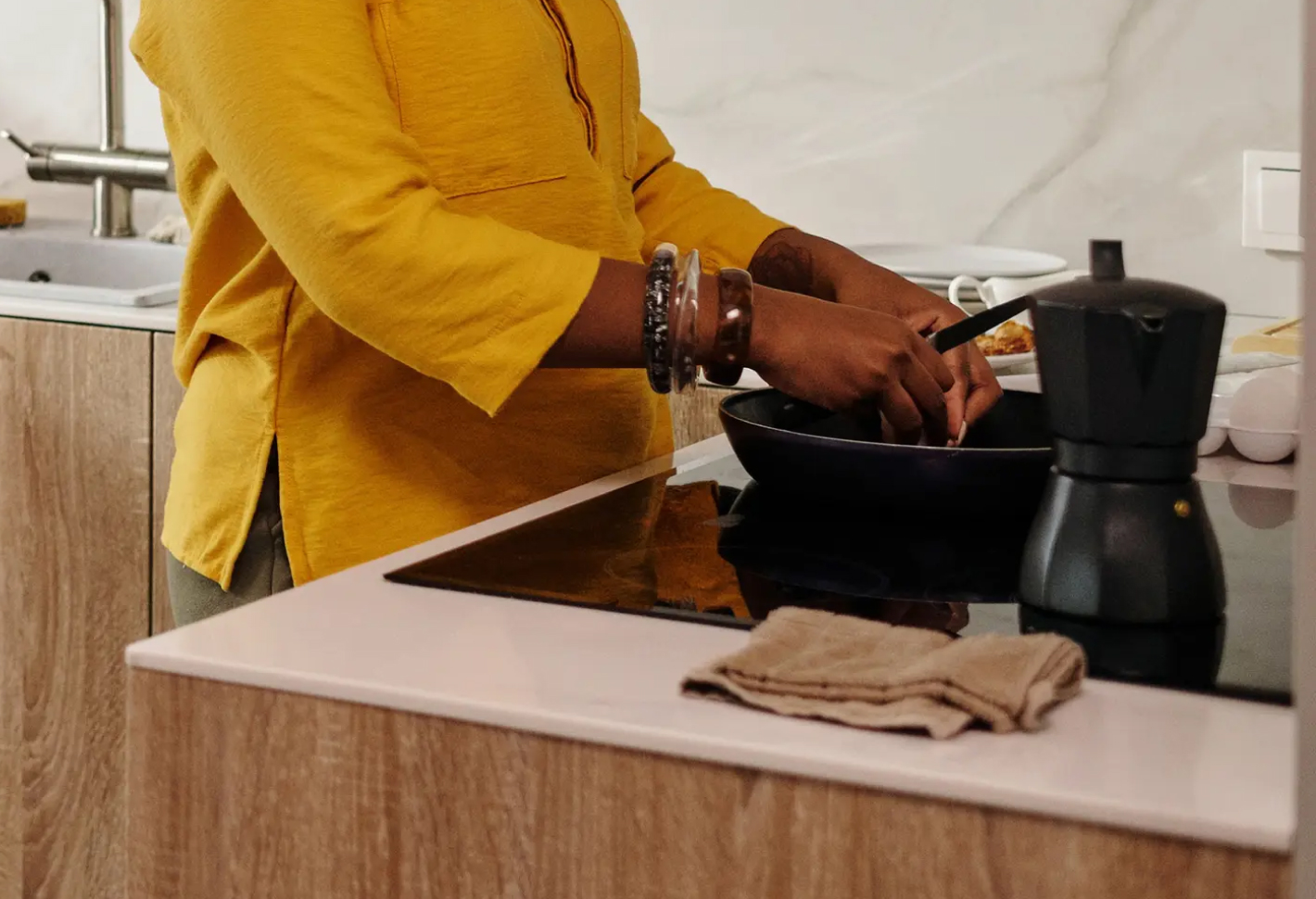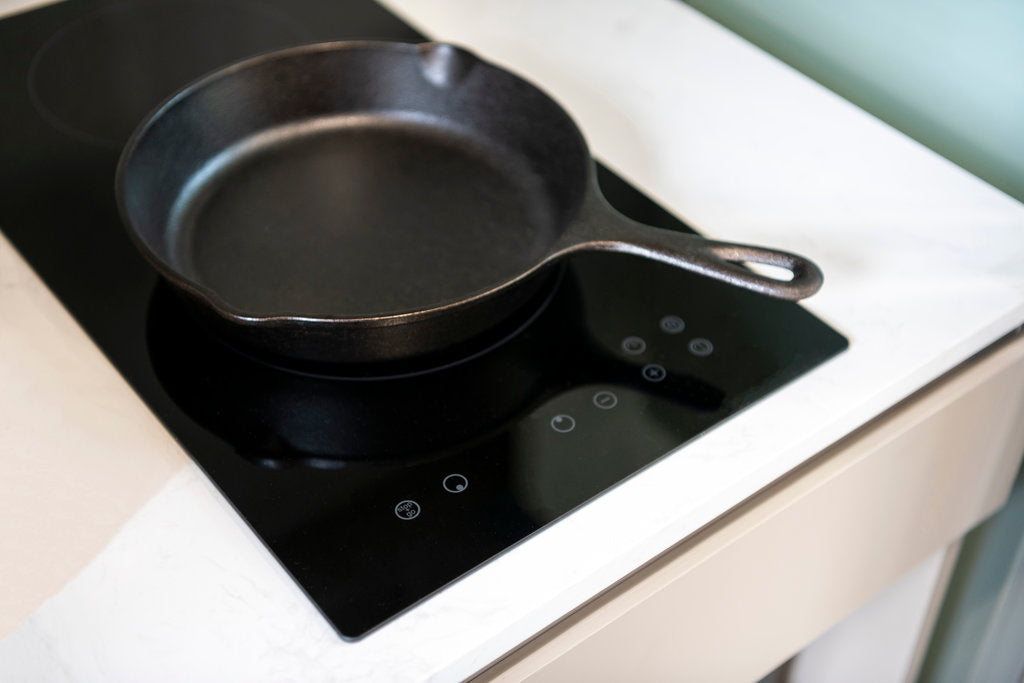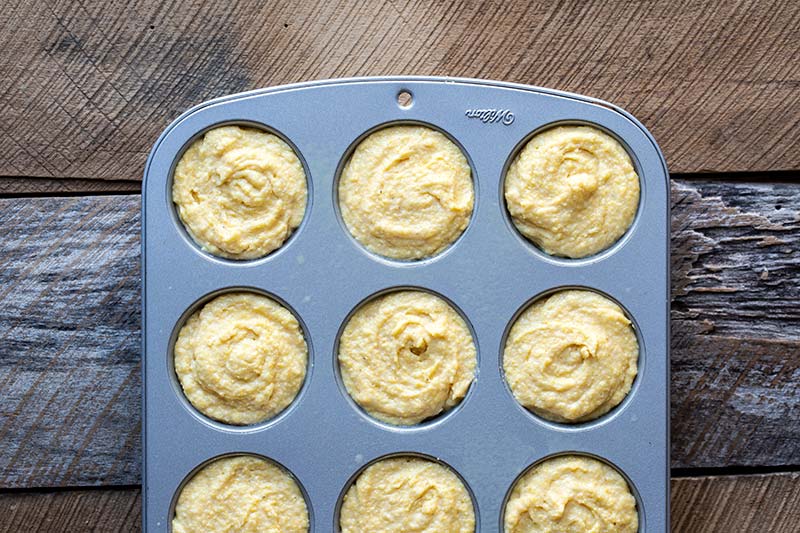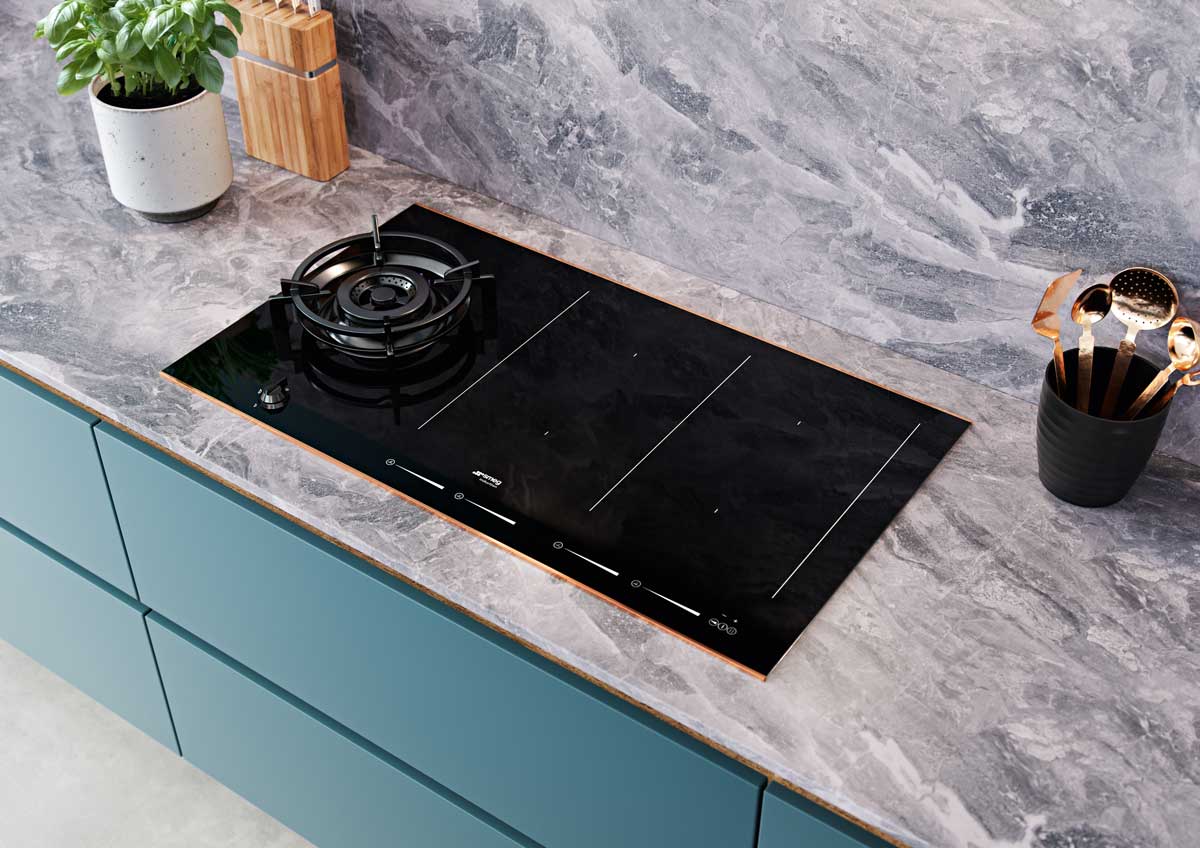As a kitchen professional, you understand the value that cast iron cookware brings to your culinary arsenal. Its durability, heat retention, and natural non-stick properties make it a staple in many professional kitchens. However, one recurring issue that chefs and cooks face is cast iron seasoning flaking after induction use. This can be an unexpected hurdle, especially when using modern induction cooktops, which are increasingly popular in professional settings. Understanding why this flaking occurs and how to address it is crucial for maintaining the performance and longevity of your cast iron pans.

Understanding Cast Iron Seasoning
Before diving into the specific issue of seasoning flaking, it's important to grasp what seasoning is. Seasoning is a layer of polymerized oil that is baked onto the surface of the cast iron. This layer not only provides the pan with its non-stick properties but also protects it from rust. Proper seasoning is essential for the performance of cast iron cookware, and maintaining this layer requires regular attention and care.
For more insights into maintaining your cookware, you might find it helpful to read about how cast iron skillets stick after induction use.
Why Does Seasoning Flake?
Seasoning flaking can occur due to several reasons, especially after induction cooking. The rapid changes in temperature and the precise heat distribution of induction cooktops can stress the seasoned layer. This stress can cause the layer to crack or flake off in areas, particularly if the seasoning was not applied evenly or if the pan was not properly preheated. The interaction between the induction heat and the oil layer is different than with traditional gas or electric stoves, which can exacerbate this issue.
Visit this guide to learn more about using cast iron on induction cooktops.
Preventing Seasoning Flake
Preheat Properly
Proper preheating is essential when using cast iron on an induction cooktop. Make sure your pan is gradually brought up to temperature to prevent thermal shock, which can cause the seasoning to crack. For tips on preheating techniques, check out this preheating guide.
Maintain Your Seasoning
Regular maintenance of your cast iron's seasoning is crucial. After each use, clean the pan with hot water and a soft brush, avoiding harsh soaps or scouring pads that can damage the seasoning. Apply a thin layer of oil after cleaning and heat the pan until the oil begins to smoke. This will help reinforce the seasoning layer.
Choose the Right Oil
Not all oils are created equal when it comes to seasoning. High smoke point oils such as flaxseed, canola, or grapeseed are recommended for seasoning cast iron. These oils polymerize well and create a durable layer of seasoning.
Troubleshooting Flaking Issues
If you notice your seasoning is flaking, it may be time to strip and reseason your pan. This involves removing the old seasoning with a mild abrasive and reapplying a fresh coat of oil. This process can restore your pan to its optimal condition and is a valuable skill for any kitchen professional.
For further information on restoring cast iron, you might explore how to use cast iron over various heat sources effectively.
Concluding Thoughts
While the issue of cast iron seasoning flaking after induction can be frustrating, understanding the causes and solutions can help you maintain your cookware with confidence. By preheating properly, maintaining your seasoning, and choosing the right oils, you can minimize flaking and ensure your cast iron pans continue to perform beautifully in a professional kitchen setting.
For more on the art of using cast iron, you can also learn about the differences between cast iron and modern nonstick options on induction cooktops.

FAQ
Why does my cast iron pan flake?
Flaking can occur due to uneven seasoning, rapid temperature changes, or improper maintenance. Ensuring a stable temperature and regular seasoning upkeep can reduce flaking.
Can I prevent seasoning from flaking?
Yes, by preheating your pan slowly, using high smoke point oils, and maintaining the seasoning layer through regular application of oil after cleaning.
What should I do if my seasoning flakes?
If flaking occurs, consider stripping the pan of its old seasoning and applying a new layer. This process can rejuvenate the non-stick properties and protect the cookware from rust.






Leave a comment
This site is protected by hCaptcha and the hCaptcha Privacy Policy and Terms of Service apply.